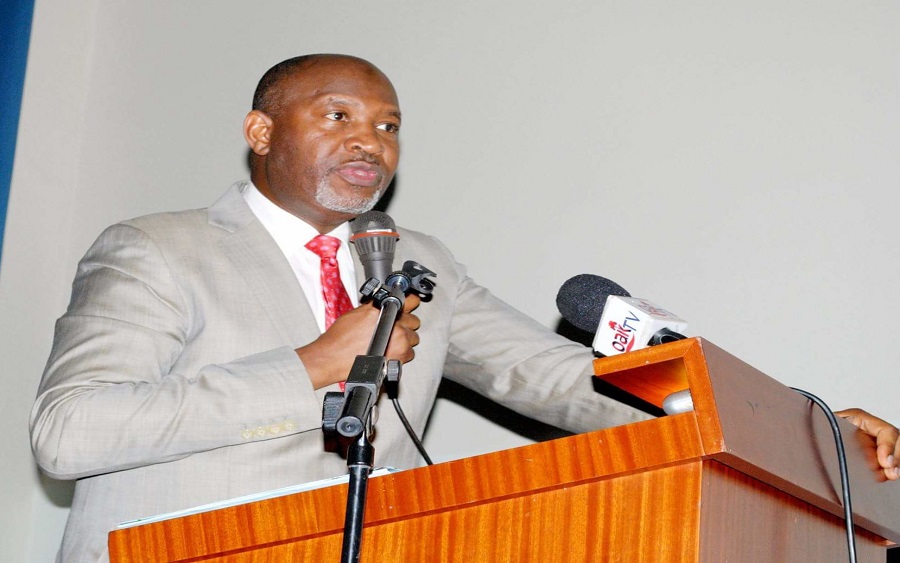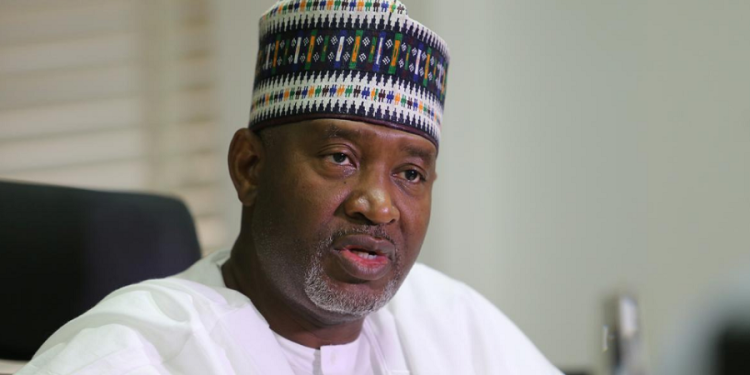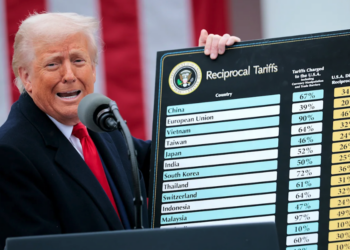The Minister of Aviation of Nigeria, Hadi Sirika has unveiled his transformational plan for the Nigerian Aviation sector, promising to increase the sector’s Gross Domestic Product (GDP) contribution by 1% in 2020, an estimation of over N1.2 trillion.
Sirika, giving more details on his vision for the sector, proposed an industry that would provide utmost comfort, safety, and security for majority of passengers.
What this means: A look into the Nigeria’s aviation sector reveals that the sector currently contributes N149.4 billion, an estimation of 0.12% (as at 2018) to the economy. Going by the move to increase the GDP by 1%, Nigeria could see more than 700% increase in two years by the end of 2020.
[READ MORE: Nigeria’s aviation industry loses U.S. funding]
Sirika is focused on creating a thriving industry where entrepreneurs can invest and make money, to aid upward mobility of the sector.
“The industry itself is a catalyst for economic growth and development of any nation, especially Nigeria with 200 million people, 923,766 square kilometres of massive land. The 20% of the request of demand of Africa economy is in Nigeria. Nigeria is at the centre of Africa, centre of the world, which supports air transportation.
“Air transportation itself by value is the highest contributor to any economy. Aviation links businesses, links nations, links markets, people, traditions, industry, culture and tourism. From the little we did, we have not even implemented the road map fully. We were able to push the contribution to GDP from 0.4%to 0.6%. And our hope is that within the next one year, it goes to 1%.”
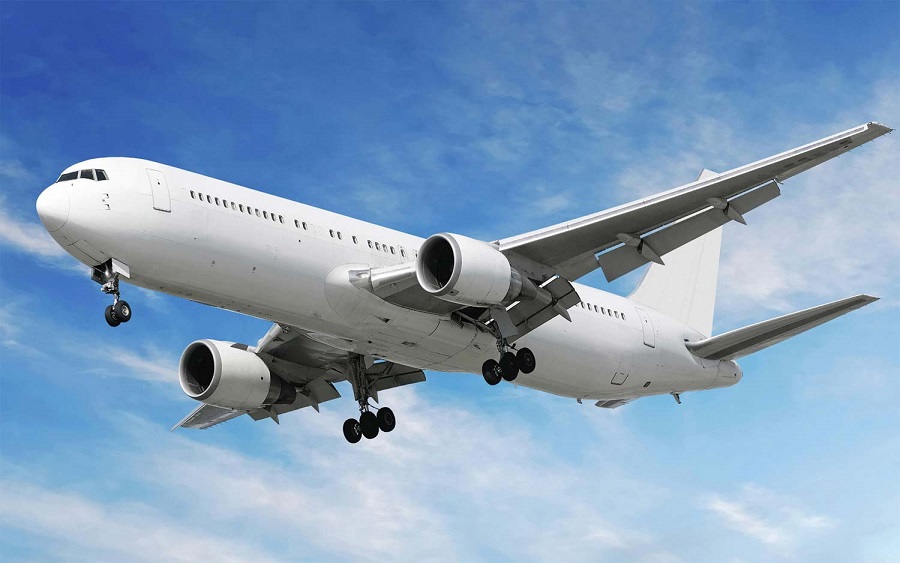
How it will be achieved: Sirika explained these plans could be achieved by raising the standard of the airports to a great level of efficiency.
“We also need airlines to feed into the airports – a robust airline that is efficient. Secondly, you need a Maintenance, Repair and Overhaul (MRO) Centre – to maintain those aircraft when they come in or go out. You cannot come here and have a landing gear issue and wait for some people to come from Germany to fix it.
“The third is the need for aerospace – to go into research and development for the future. We cannot continue to be consumers.”
[READ MORE: Reps raise concern over Aviation Ministry’s debt profile]
He recalled that Brazil is now manufacturing airplanes while Nigeria has plunged further behind.
“We also started long time before many of these countries. China just started aviation a few years ago, China has started manufacturing aircraft. We can do it. We can do so many things in aviation. Dubai started over ten years ago, and today they are producing parts of airplanes. If you had flown a B787, you would have flown some component parts produced in Dubai.
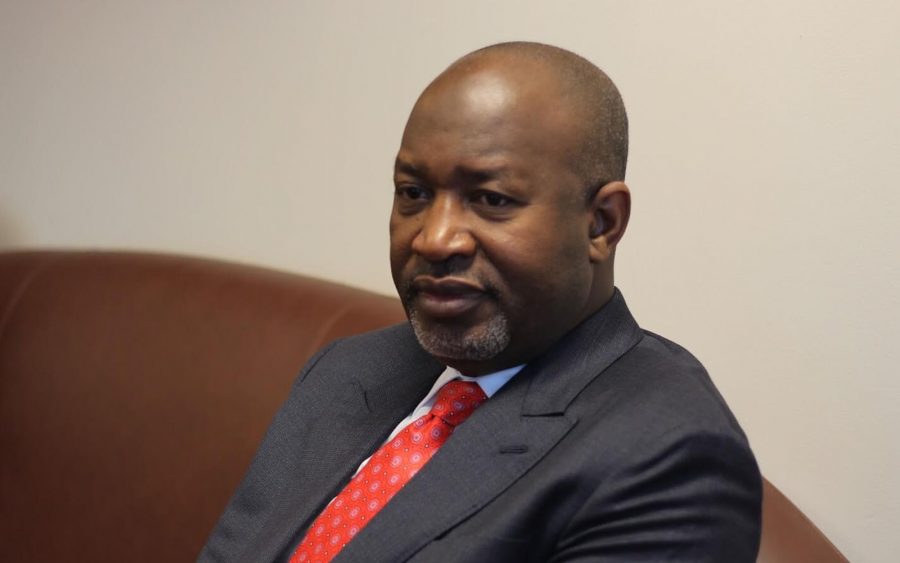
Minister of State (Aviation)
“We need an aviation leasing company, where we can access cheap funds at one digit that you can invest in aviation businesses to grow them. The challenge is finance, so, we think we should establish a leasing company that can handle that. Then, we have our training institution with manpower development.”
A Nairametrics report stated that the aviation Minister described Nigeria’s aviation sector as a trillion-dollar GDP. That same claim has now resurfaced. Will Nigeria be able to achieve these claims before 2020?
[READ MORE: Nigeria’s foreign reserves to increase by $150 billion in 10 years – FG]

